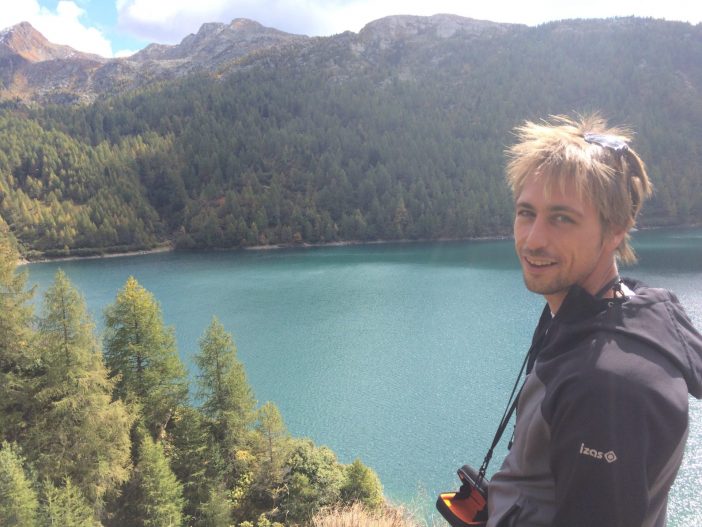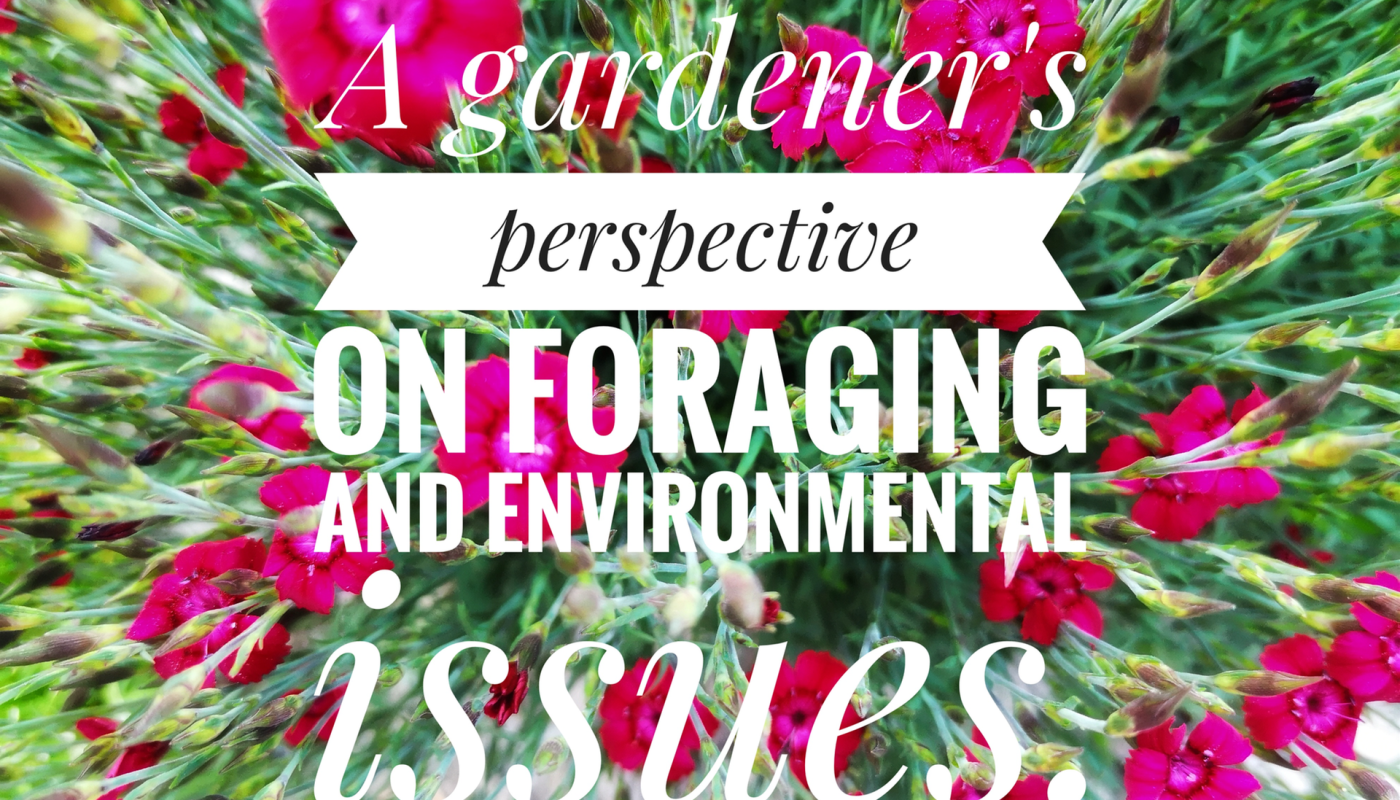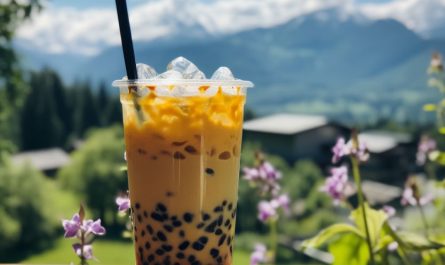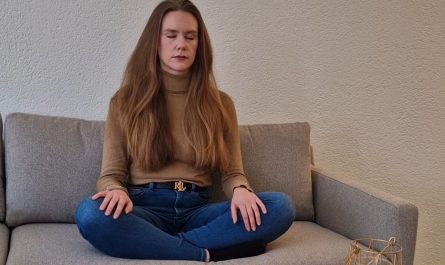Why shouldn’t you forage wild plants in a city? Can we eat edible plants from treated soils? Damiano, a professional gardener gives his perspective on it.

Damiano is a professional gardener based in Lugano and you can see that he is truly passionate about nature, when you hear him talking. I interviewed him to have a professional perspective on some topics concerning foraging, since there are many different opinions online. The podcast is held in Italian, but you can find a shortened transcript right below.
https://soundcloud.com/foragedaniela/urbanforaging-ambiente-giardiniere
With this post, the Web Literacy Project comes to an end. However, this process inspired me to continue on this road of rediscovery of foraging and nature. I still have a long road ahead of me, but I will continue to explore and you can be a part of it. I already have planned some changes and I have several ideas on the content. So stay tuned!
Transcript Summary
Daniela: Can you tell me something about you, how long are you already gardening?
Damiano: I started more than six years ago to garden. My passion has always existed since I was a little child, I loved to explore the world.
Daniela: In order to be at your knowledge level, people have to invest many years of observation and research.
Damiano: To get to know nature, you need time and patience. You have to do step by step respecting the rules of nature.
Daniela: What do you think about urban foraging, does it affect us negatively?
Damiano: I wouldn’t recommend it because of the pollution. Especially plants close to roads.
Daniela: What about living in a city at the second, third floor. Can you have some sort of urban gardening, foraging?
Damiano: This is less of a problem and I actually support it. The air you breathe at the third floor is the same for the plants, but still better than on the floor.
Daniela: What do you think about pesticides?
Damiano: So there is a tolerance level for the pesticides. If a plant is affected by a cryptogamic disease or a parasite and the losses are starting to be higher than the cost of a treatment, the treatment will be done, otherwise you try other organic ways. Nevertheless, it’s not possible to live in a world without pesticides.
Daniela: Is there a problem to eat edible plants from a treated soil?
Damiano: So, I generally suggest to collect edible plants in forests and in garden, where you don’t have any treated soil.
Daniela: I care about our bees, so are modern pesticides treatment dangerous for them?
Damiano: Yes, for sure. Any kind of pesticides is killing bees. That’s why you have to consider the bees as well in the tolerance level. Pesticides attack delicate animals, so are the bees.
Daniela: What about the glyphosate, a herbicide, which is still used in Switzerland. Next to our garden we have the Japanese knotweed (very infesting plant and on a black list in Switzerland) and it has been treated with glyphosate. Since you can eat this plant, do you think this herbicide is still in the plants circulation?
Damiano: So the producers of the glyphosate say that after two weeks the soil has absorbed all the glyphosate and it shouldn’t be in the circulation, but I still wouldn’t be so sure. So rather avoid collecting this plant if treated. You have to observe and pay attention.
Daniela: Do you think foraging raises awareness regarding nature, especially how we behave?
Damiano: There are so many different ways to approach nature. So foraging is for sure a good one, you slowly approach nature and learn to understand and respect it more. The more you know, the more you want to know. This should be the direction that human kind should take, people should wake up. So when I discovered that the Chickweed (Stellaria media) is edible, and it contains much more iron than a normal salad, this made me think as well. I knew the plant very well, but as a gardener I just cut it. So you never know enough and this is adventurous.



